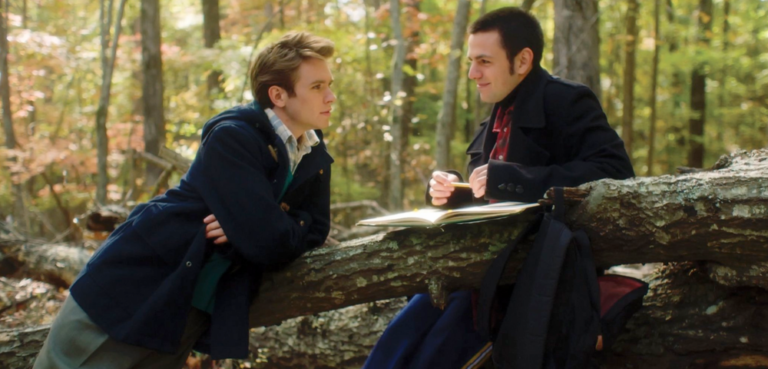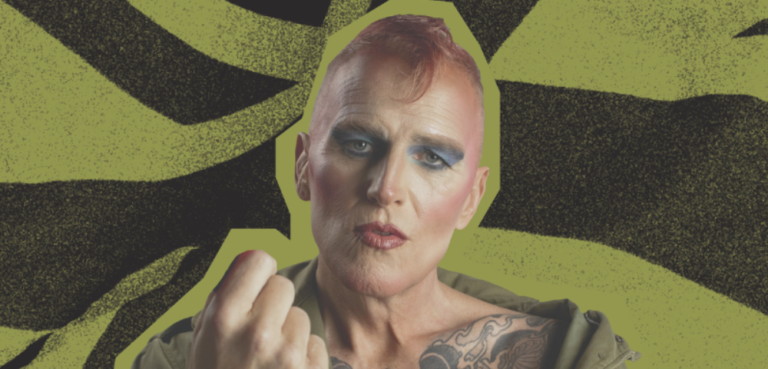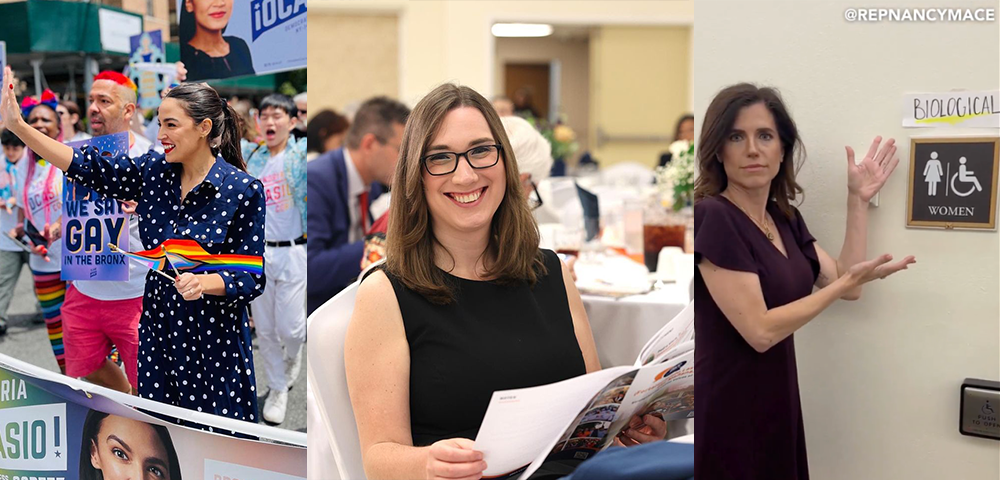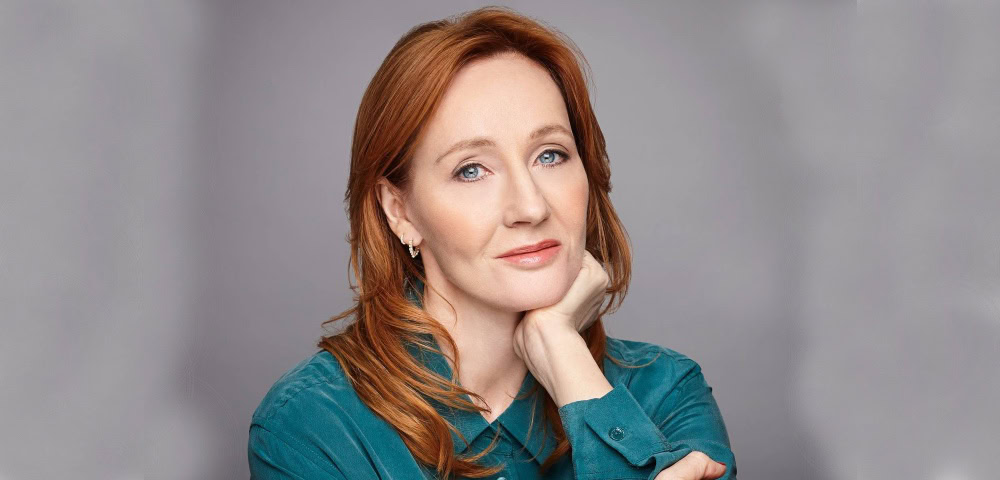
State marriage bill facing roadblocks

Concerns about a draft bill for state-based same-sex marriage in NSW have been raised, with fears for the bill’s chances of surviving a High Court challenge and claims the legislation in its current form discriminates against intersex people.
The State Marriage Equality Bill 2013, which will be voted on in NSW Parliament later this year, defines same-sex marriage as “the union of two people of the same sex, to the exclusion of all others, voluntarily entered into for life” – a definition that would continue to exclude intersex people from marriage if the bill became law.
However, any amendment to the bill could endanger its chances of surviving a High Court challenge.
Organisation Intersex International Australia (OII) president Gina Wilson said the bill’s name should be changed as it will not result in full marriage equality.
“The proposed act does little to clarify the issues facing intersex people. It confounds me that those drawing up the current batch of marriage law proposals find it so difficult to include intersex,” Wilson said.
Wilson said the cross-party working group on marriage equality, which drafted the bill, had been “happy to engage” with OII on the issue, but acknowledged the potential complexities.
“To pass a same-sex marriage bill is a very fragile thing – the more complex it is the more likely it will be defeated in the High Court. I understand the need to make it simple,” Wilson said.
Liberal MLC Catherine Cusack, a member of the Committee on Social Issues conducting an inquiry into the legislation’s feasibility, also expressed doubts about the bill’s chances.
“A lot of the advice we’re getting is that the safest and most effective way to get same-sex marriage would be through federal Parliament. At a state level it’s probably not going to lead to any outcomes,” Cusack said.
Sydney independent MP and bill co-author Alex Greenwich said he was confident of its chances of overcoming any constitutional challenge.
“This may very well end up in the High Court, but it’s not the place of NSW Parliamentarians to predict or pre-empt High Court decisions,” Greenwich said.
Previous attempts to legalise same-sex marriage federally sought to replace the terms “man” and “woman” with the gender-neutral term “two people,” which would allow intersex and gender-questioning people to marry as well as same-sex couples.









